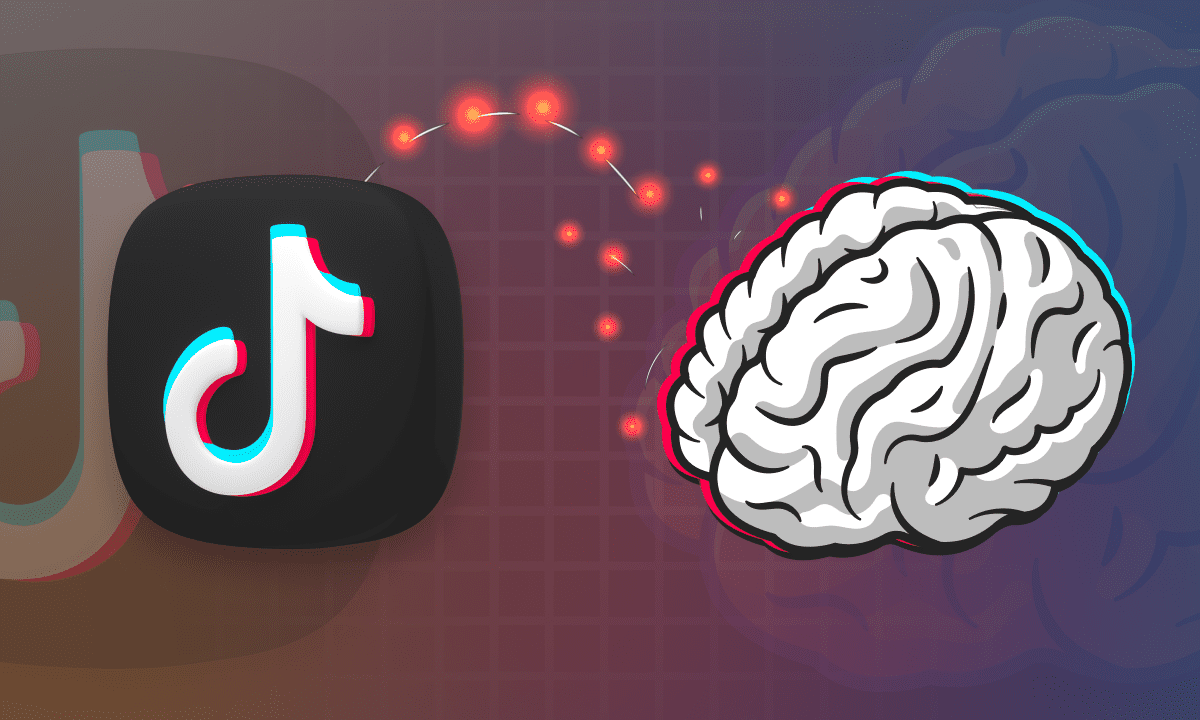Brain scans show that TikTok addicts have enlarged reward centers (orbitofrontal cortex) and emotion areas (cerebellum) — the same brain changes seen in cocaine addicts.
Even worse, regular TikTok users can’t focus for more than eight seconds. The app trains the brain to crave constant stimulation. Students who watch TikTok performed 43% worse on attention tests and found it hard to read books or watch movies without feeling anxious.
The app’s fast, catchy clips act like a “dopamine machine”, hijacking the brain’s reward system and making normal life feel dull and empty.
A study titled “The Effect of Short Mobile Videos on Attention Function: An EEG Study” found that addiction to short videos is linked to weaker attention control and reduced self-regulation in the brain.

